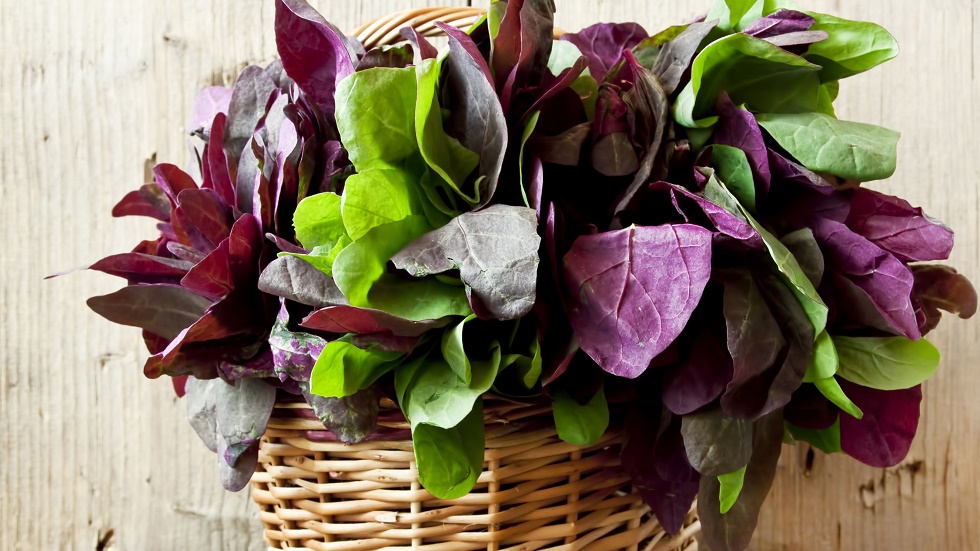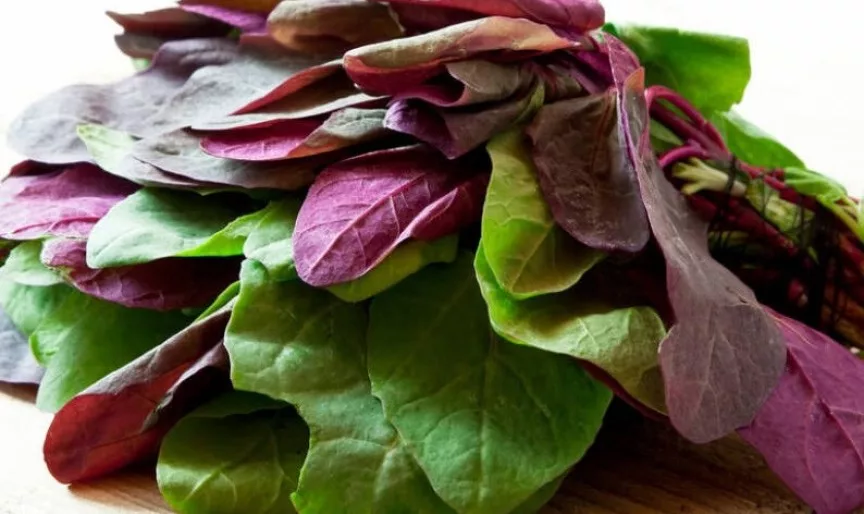In the world of leafy greens, loboda, also known as amaranth greens, often flies under the radar. Yet, this humble plant is a nutritional powerhouse, packed with vitamins, minerals, and health-boosting properties. Commonly found in tropical and subtropical regions, loboda has been a staple in traditional diets for centuries.
Whether you’re a health enthusiast or simply looking to diversify your diet, loboda deserves a spot on your plate.
Let’s explore the incredible benefits of this underrated superfood and why you should consider adding it to your meals.
What is Loboda?
Loboda, or amaranth greens, are the edible leaves of the amaranth plant (Amaranthus spp.). Known for their vibrant green color and slightly earthy flavor, these greens are a popular ingredient in cuisines across Asia, Africa, and the Caribbean. The plant is incredibly resilient, thriving in poor soil conditions, which makes it an accessible and sustainable food source for many communities.
Nutritional Profile of Loboda
Loboda is a nutrient-dense food, offering a wide range of vitamins, minerals, and antioxidants. Here’s a snapshot of what makes it so special:
- Vitamins: Rich in vitamin A, vitamin C, vitamin K, and folate.
- Minerals: High in calcium, iron, magnesium, potassium, and phosphorus.
- Antioxidants: Contains flavonoids, phenolic acids, and carotenoids.
- Fiber: A good source of dietary fiber, which supports digestion.
- Protein: Contains all essential amino acids, making it a rare plant-based complete protein source.
Health Benefits of Loboda
- Boosts Immunity
Loboda is packed with vitamin C and antioxidants, which help strengthen the immune system. Regular consumption can help your body fight off infections and reduce inflammation. - Supports Bone Health
With high levels of calcium, magnesium, and vitamin K, loboda is excellent for maintaining strong and healthy bones. It helps prevent osteoporosis and supports overall bone density. - Improves Digestion
The fiber content in loboda promotes healthy digestion by preventing constipation and supporting gut health. It also aids in detoxifying the digestive system. - Enhances Eye Health
Loboda is rich in vitamin A and beta-carotene, both of which are essential for good vision. These nutrients help protect the eyes from age-related conditions like macular degeneration. - Combats Anemia
Thanks to its high iron content, loboda is a great food for preventing and treating anemia. Pairing it with vitamin C-rich foods can enhance iron absorption. - Supports Heart Health
The potassium in loboda helps regulate blood pressure, while its antioxidants reduce oxidative stress and inflammation, both of which are beneficial for heart health. - Promotes Healthy Skin
The vitamins and antioxidants in loboda contribute to glowing, healthy skin. They help combat free radicals, reduce signs of aging, and promote collagen production. - Aids in Weight Management
Low in calories and high in fiber, loboda is an excellent addition to a weight-loss diet. It keeps you full for longer, reducing the urge to snack on unhealthy foods. - Rich in Plant-Based Protein
Loboda is one of the few leafy greens that provide all nine essential amino acids, making it a valuable protein source for vegetarians and vegans.
How to Incorporate Loboda into Your Diet
Loboda’s mild, slightly earthy flavor makes it a versatile ingredient in the kitchen. Here are some delicious ways to enjoy it:
- Stir-Fries: Sauté loboda with garlic, onions, and your favorite spices for a quick and nutritious side dish.
- Soups and Stews: Add chopped loboda to soups, stews, or curries for an extra boost of nutrients.
- Smoothies: Blend a handful of loboda leaves into your morning smoothie for a green energy boost.
- Salads: Use young, tender loboda leaves raw in salads for a fresh, nutrient-packed meal.
- Steamed or Boiled: Steam or boil loboda and season with a drizzle of olive oil, lemon juice, and salt for a simple and healthy dish.
Traditional Uses of Loboda
In many cultures, loboda is not just a food but also a natural remedy. For example:
- In Ayurveda, loboda is used to cool the body and treat digestive disorders.
- In traditional African medicine, it’s used to alleviate symptoms of anemia and boost energy levels.
- In the Caribbean, loboda tea is consumed to support respiratory health and reduce inflammation.
A Sustainable and Affordable Superfood
One of the most remarkable things about loboda is its resilience. It grows quickly, even in poor soil, and requires minimal water and care. This makes it an affordable and sustainable food source, especially for communities in developing regions. By incorporating loboda into your diet, you’re not only nourishing your body but also supporting sustainable agriculture.
Tips for Buying and Storing Loboda
- Buying: Look for fresh, vibrant green leaves without yellowing or wilting.
- Storing: Store loboda in a plastic bag in the refrigerator for up to 5 days. For longer storage, blanch and freeze the leaves.

Loboda, or amaranth greens, is a true superfood that offers a wealth of health benefits. From boosting immunity and supporting bone health to promoting glowing skin and aiding digestion, this leafy green is a must-add to your diet. Its versatility in the kitchen and affordability make it an excellent choice for anyone looking to eat healthier and more sustainably.
So, the next time you’re at the market, don’t overlook loboda. Give it a try and experience the incredible benefits of this hidden gem. Your body—and your taste buds—will thank you!
Have you tried loboda before?
Share your favorite recipes or experiences in the comments below!
Disclaimer: This blog post is for informational purposes only and is not intended to replace professional medical advice. Always consult a healthcare provider before making significant changes to your diet.

